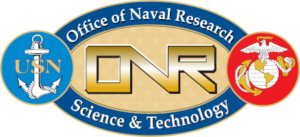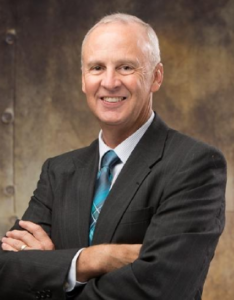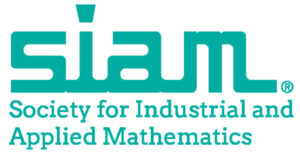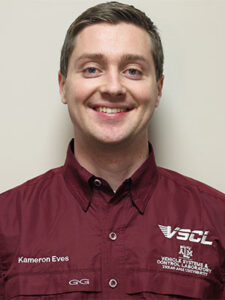 Dr. John Valasek and the Vehicle Systems & Control Laboratory has been awarded a multi-year (2023-2026) research grant by the Office of Naval Research (ONR) to investigate multiple time scale (MTS) adaptive control systems for naval applications such as unmanned air systems (UAS), high performance aircraft, and satellites. MTS systems are systems with some states that evolve quickly and some states that evolve slowly. These systems can have coupled fast and slow modes which occur simultaneously. MTS systems are particularly interesting from a controls perspective because the time scale separation in the plant can cause degraded performance or even instability under traditional control methods. Accounting for the time scales can remedy this problem. For example, a MTS control technique demonstrated significantly reduced rise times over traditional Nonlinear Dynamic Inversion (NDI). Similarly, traditional adaptive control has been demonstrated to have reduced performance on MTS systems. On the other hand, traditional control techniques that are specifically designed for MTS systems cannot account for systems with model uncertainties. Thus, a method of MTS control for uncertain systems is needed.
Dr. John Valasek and the Vehicle Systems & Control Laboratory has been awarded a multi-year (2023-2026) research grant by the Office of Naval Research (ONR) to investigate multiple time scale (MTS) adaptive control systems for naval applications such as unmanned air systems (UAS), high performance aircraft, and satellites. MTS systems are systems with some states that evolve quickly and some states that evolve slowly. These systems can have coupled fast and slow modes which occur simultaneously. MTS systems are particularly interesting from a controls perspective because the time scale separation in the plant can cause degraded performance or even instability under traditional control methods. Accounting for the time scales can remedy this problem. For example, a MTS control technique demonstrated significantly reduced rise times over traditional Nonlinear Dynamic Inversion (NDI). Similarly, traditional adaptive control has been demonstrated to have reduced performance on MTS systems. On the other hand, traditional control techniques that are specifically designed for MTS systems cannot account for systems with model uncertainties. Thus, a method of MTS control for uncertain systems is needed.
A novel methodology called [K]Control of Adaptive MTS Systems (KAMS) is developed which expands upon the class of dynamical systems to which MTS control and adaptive control can apply. While other techniques use elements of adaptive control and MTS control, other research stops short of fully and rigorously combining them. KAMS is a significant improvement over prior methods and provides insight into the physics of the system. It is capable of controlling systems with model uncertainty unlike traditional MTS control, and is robust to systems with unstable zeros unlike traditional adaptive control and feedback linearization.
In addition to investigating theoretical research questions for KAMS, hardware validation of the resulting theory will be performed with a flight testing evaluation campaign using a small unmanned air system (UAS), both fixed-wing and rotorcraft, operating in a challenging environment.
More details of the benefits of KAMS and the research objectives for this project can be found here: https://vscl.tamu.edu/research/novel-multiple-time-scale-adaptive-control-for-uncertain-nonlinear-dynamical-systems/
This project is part of VSCL’s ongoing work in the area of Autonomous, Nonlinear Control of Air, Space and Ground Systems



